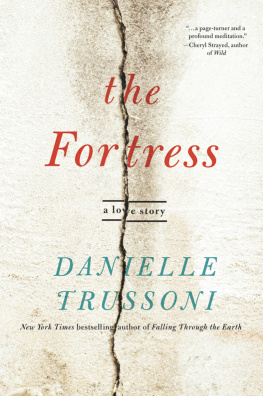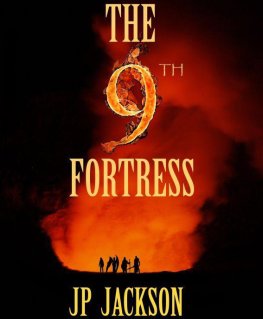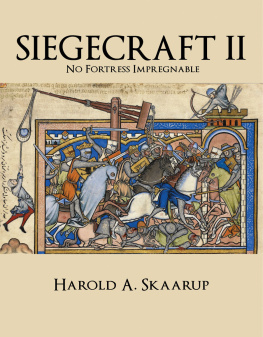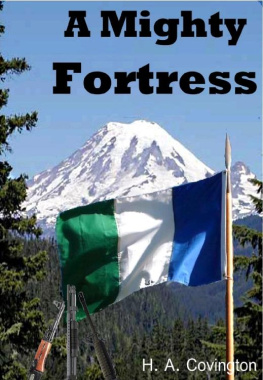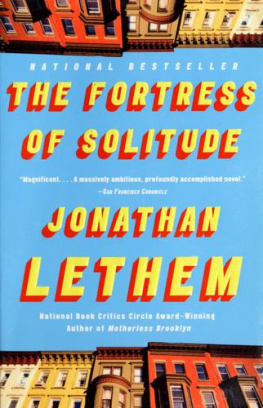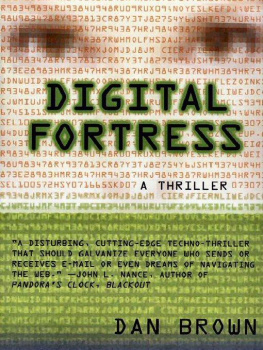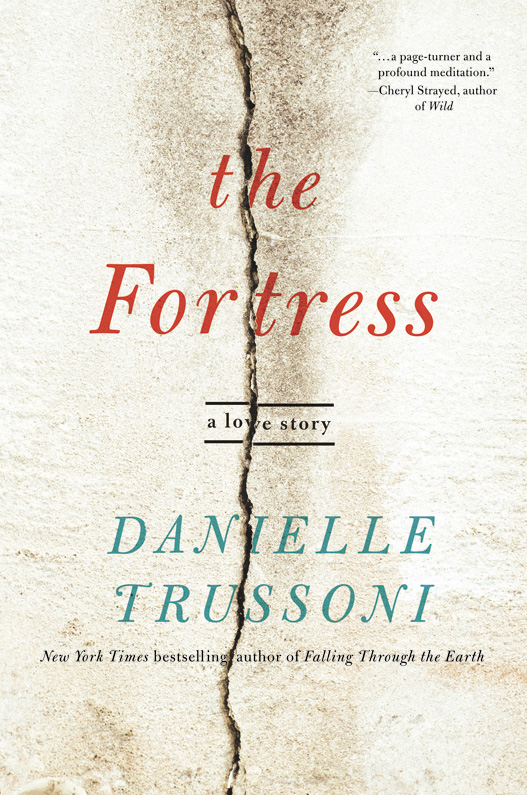T u aimerais danser? Would you like to dance?
Bien sr, the Frenchman says, and within seconds Im making my way onto the dance floor with a scorching-hot monsieur. We push into the crush of people, pressing closer and closer under the blue and red lights. I step back, and he steps forward; I turn and find his hand ready to catch me. Weve only just met, but we are dancing together, effortlessly, as if weve choreographed it all in advance. The music is pounding, and we are inside it, elevated by the crowd, by the rush of blood to the heart, by the sound pulsing around us. As we dance, he touches my arm, and my whole body goes electric. For the first time in forever, I want to reach out and hold someone, and that man is right here, inches from me, ready to pull me into his arms. I know I shouldnt be doing this. I am tempting fate, calling to the unknown, welcoming danger, courting it. Yet I move a little closer and then a little closer, until I am right there, in his arms. I can no longer tell the difference between walking to the edge of a cliff and jumping off. I just close my eyes and go for it.
When I open them, my husband is staring at us from the bar, his arms crossed over his chest, drill-sergeant style. A shiver of apprehension ripples through me. He doesnt like this dancing-with-a-Frenchman thing one bit.
Whats the matter? the monsieur asks, leaning close to my ear.
My husband, I reply.
He glances over toward the bar. Do you need to go?
Probably, I say. But Id rather stay.
Then you will just have to come back to Paris, he whispers, pressing his lips to my ear. Without your husband.
Before I can respond, my husband is at my side. He grabs my arm and pulls me away from the Frenchman.
What in the hell are you doing?
Im dancing.
Were leaving.
I dont want to leave.
And I know, as soon as I say these words, that I mean them in every sense: I dont want to leave the club with my husband; I dont want to go back home with my husband; I dont want to spend the rest of my life struggling to believe a failed fairy tale. It is only now, at this moment, in this club with this man, that I know for sure that there is no going back. My life is about to change.
Come on, my husband says, and turns away., I look back to the Frenchman, left standing on the dance floor, and wave. He smiles and lifts a finger into the air, as if checking the direction of the wind. I want to believe that this small gesture, this sign given in haste as Im being hauled out of there, signals a turning point in my life. An ending. And a new beginning.
B efore the club in Paris, and before the Frenchman, I was a woman in a fortress.
Or, more precisely, I lived with my husband and two children in La Commanderie, a medieval fortification at the center of the French village of Aubais, pronounced obey, as in love, honor and... Aubais. Built by the Knights Templar in the thirteenth century, the fortress stood high on a hilltop and could withstand attack from every angle. There were arrow slits in the walls and a perch from which to spy the enemy coming. The foundation was sunk deep into the rock of the village, rock that millions of years before had formed the Mediterranean seabed. Occasionally, when I examined the rock, I would find imprints of fossilized shells, ancient swirls of disintegrated calcium that created the bedrock of the entire region. The fortress rose from this long-gone sea like a stone Leviathan, strong and unsinkable. It was a defensive place, a place of barriers, one meant to resist catapults and battering rams. A place in which we could shut everything out, even the truth.
An ancient granite wall surrounded the fortress. Outside the wall the sun scorched the streets to a sizzle. Inside, a deep shadow fell over a courtyard, where my family ate lunch at a weathered wooden table. I picture us now, as we were then: My two children, Alex and Nico, our pug Fly Me to the Moon (Fly for short), and our three cats: Napoleon, Josephine, and ChouChou. I see me, a thirty-six-year-old woman in an oversize sundress and sunglasses, walking barefoot over hot flagstones, slipping between slats of sun and shade as I make my way past the cats, to my husband, Nikolai. Tall and dark and handsome, he wears a black top hat perched on his head. He bought the top hat in a junk store and wore it as a joke, but the joke became a habit and the habit an eccentricity, and so the hat stayed, giving him the air of a dark magician, one who couldwith a flick of his wristcoax a dove from the depths of nothingness.
Under our feet, deep below the hot flagstones, was a treasure-filled tunnel, or so we liked to imagine. According to legend, the Knights Templar had constructed a system of tunnels between La Commanderie and the fortified city of Aigues-Mortes, where St. Louis launched the Crusades. These passages allowed the Knights to move in stealth to defend the king, to hide valuables, and to transport goods for their voyages to the Holy Land, but anyone looking at a map would have serious doubts that such a tunnel actually existed. The swampy port of Aigues-Mortes is more than ten miles from Aubais, the terrain rocky. Even so, I liked to believe that there was some truth to the story and that deep below the fortress, carved into the compacted limestone, was a hidden space, a tunnel guarding Templar treasure.
La Commanderie was eight hundred years old and had many owners after the Knights Templar. One built an olive press on the property. Another created an Italianate courtyard with flagstones and a window-lined salon to border it. One used the garden as an arena for bullfightsor les courses camarguaises, as they say in the Languedocand I liked to imagine the matador and the bull moving around each other in the courtyard, attacking and hiding, one beast pursuing the other. When the Nazis requisitioned the property in the forties, they used it as the center of their operations in the region, a legacy that older villagers remembered. The fortress had seen olive oil and bullshit and swastikas. And then we arrived.
We hadnt been in the market for a dark, drafty, thirteenth-century fortress, but we walked through the door, took one look, and knew that La Commanderie had been waiting for us. The realities of buying and living in a historic compound in a tiny village in a foreign country didnt strike us as daunting. The fact that we were thousands of miles away from family and friends didnt dissuade us. The problems with the house itselfthe oil-sucking monstrosity of a heater, the leaky roof, the mold-infested bathroom, the broken sewage pipeseemed manageable. It was precisely the scale of the fortressso outsize, so unrealisticthat made it ours.
The day we moved in, we pushed open the gate together. Over ten feet tall, the blue ironwork speckled with rust, it was so heavy that it took the two of us with our combined weight to move it. It swung open, creaking on old hinges, and suddenly we were not a couple on the verge of divorce. We were the owners of La Commanderie, a structure more powerful than us, a place so solid that it would

